-
 Accounting
Accounting
Accounting for Leases
Steven M. Bragg, CPA QAS Self-Study
Credits: 2 $58.00
QAS Self-Study
Credits: 2 $58.00$58.00 – $78.00
-
 Accounting
Accounting
Accounting for Casinos and Gaming
Steven M. Bragg, CPA QAS Self-Study
Credits: 10 $290.00
QAS Self-Study
Credits: 10 $290.00$290.00 – $320.00
-
 Auditing
Auditing
Best Practices for Identifying and Evaluating Audit Risk – Linking Risk to the Detailed Audit Plan
Jennifer F. Louis, CPA Webcast
Credits: 2 $98.00
Webcast
Credits: 2 $98.00$98.00
-
 Auditing
Auditing
Seeing Red Again: Behavioral Indicators of Fraud
Aaron Denbo, MAS, CFE, CFI Webcast
Credits: 1 $49.00
Webcast
Credits: 1 $49.00$49.00
-
 Accounting
Accounting
Sales and Use Tax Accounting
Steven M. Bragg, CPA QAS Self-Study
Credits: 2 $58.00
QAS Self-Study
Credits: 2 $58.00$58.00 – $78.00
-
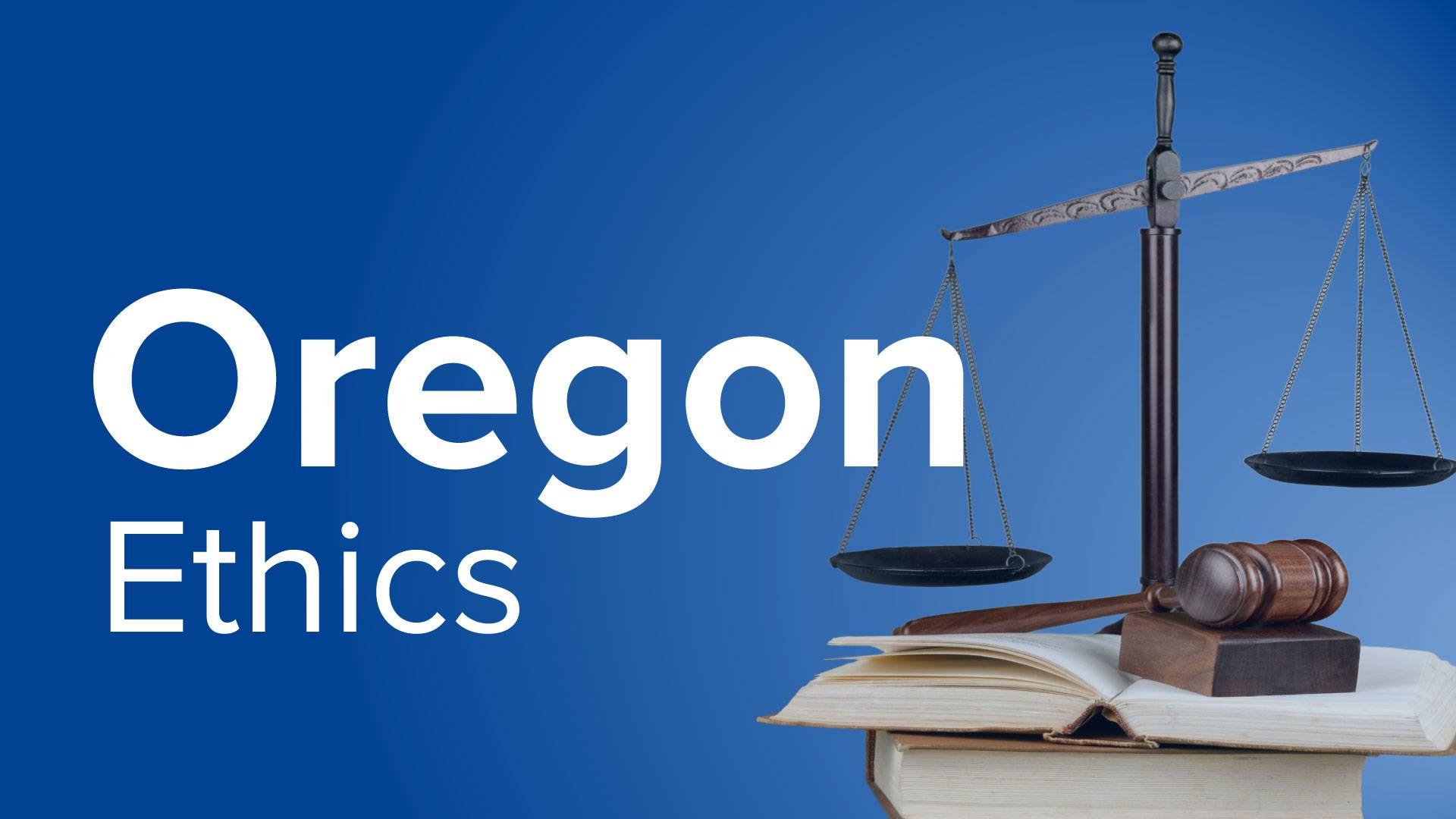 Regulatory Ethics
Regulatory Ethics
Accountant Ethics for Oregon
Steven M. Bragg, CPA QAS Self-Study
Credits: 4 $116.00
QAS Self-Study
Credits: 4 $116.00$116.00 – $136.00
-
 Taxes
Taxes
Form W-9 Compliance
Steven M. Bragg, CPA QAS Self-Study
Credits: 1 $29.00
QAS Self-Study
Credits: 1 $29.00$29.00 – $49.00
-
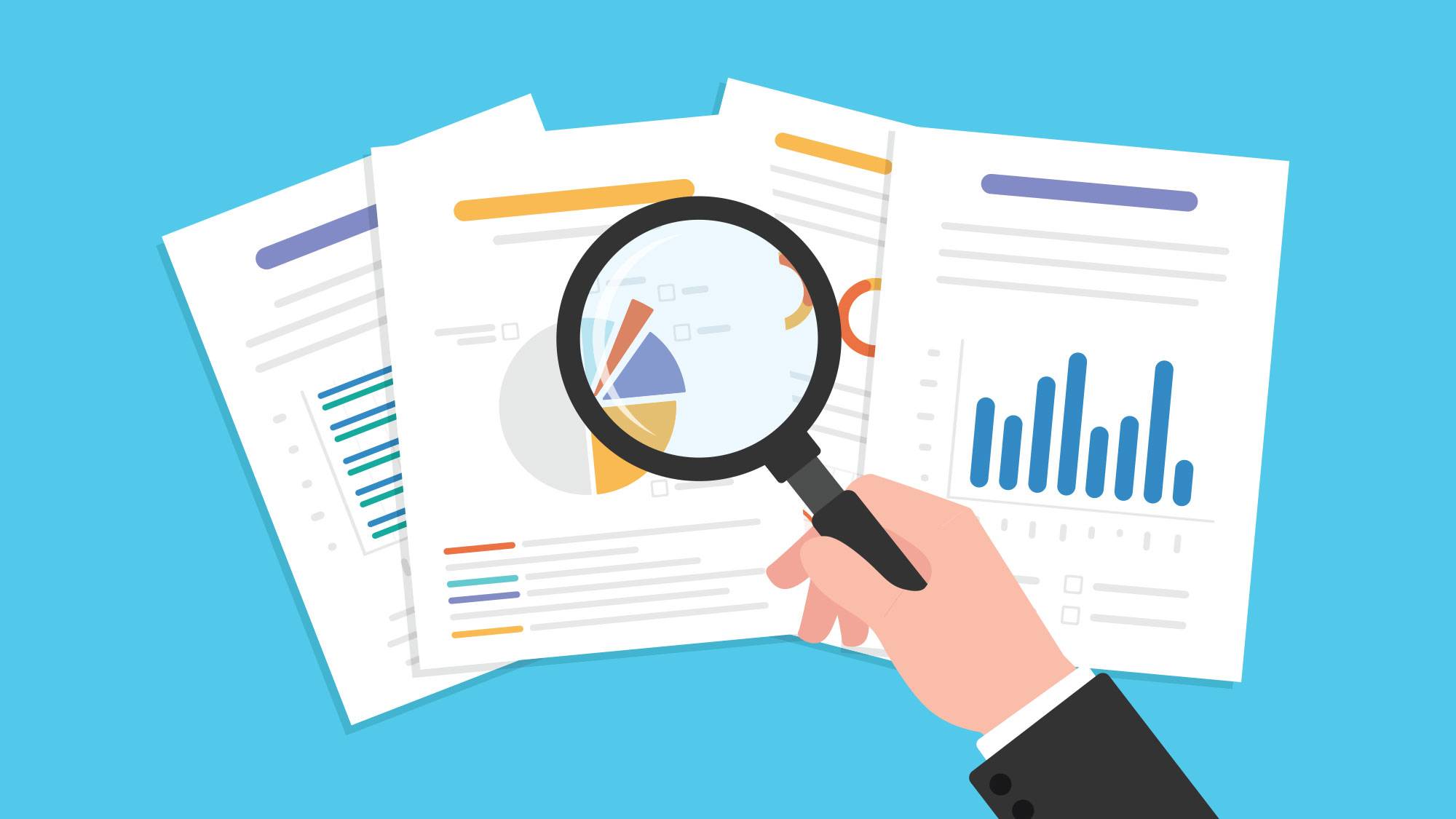 Auditing
Auditing
Audit Skills for Beginners
Jennifer F. Louis, CPA Webcast
Credits: 4 $196.00
Webcast
Credits: 4 $196.00$196.00
-
 Taxes
Taxes
Real Estate Tax Guide
Steven M. Bragg, CPA QAS Self-Study
Credits: 2 $58.00
QAS Self-Study
Credits: 2 $58.00$58.00 – $78.00
-
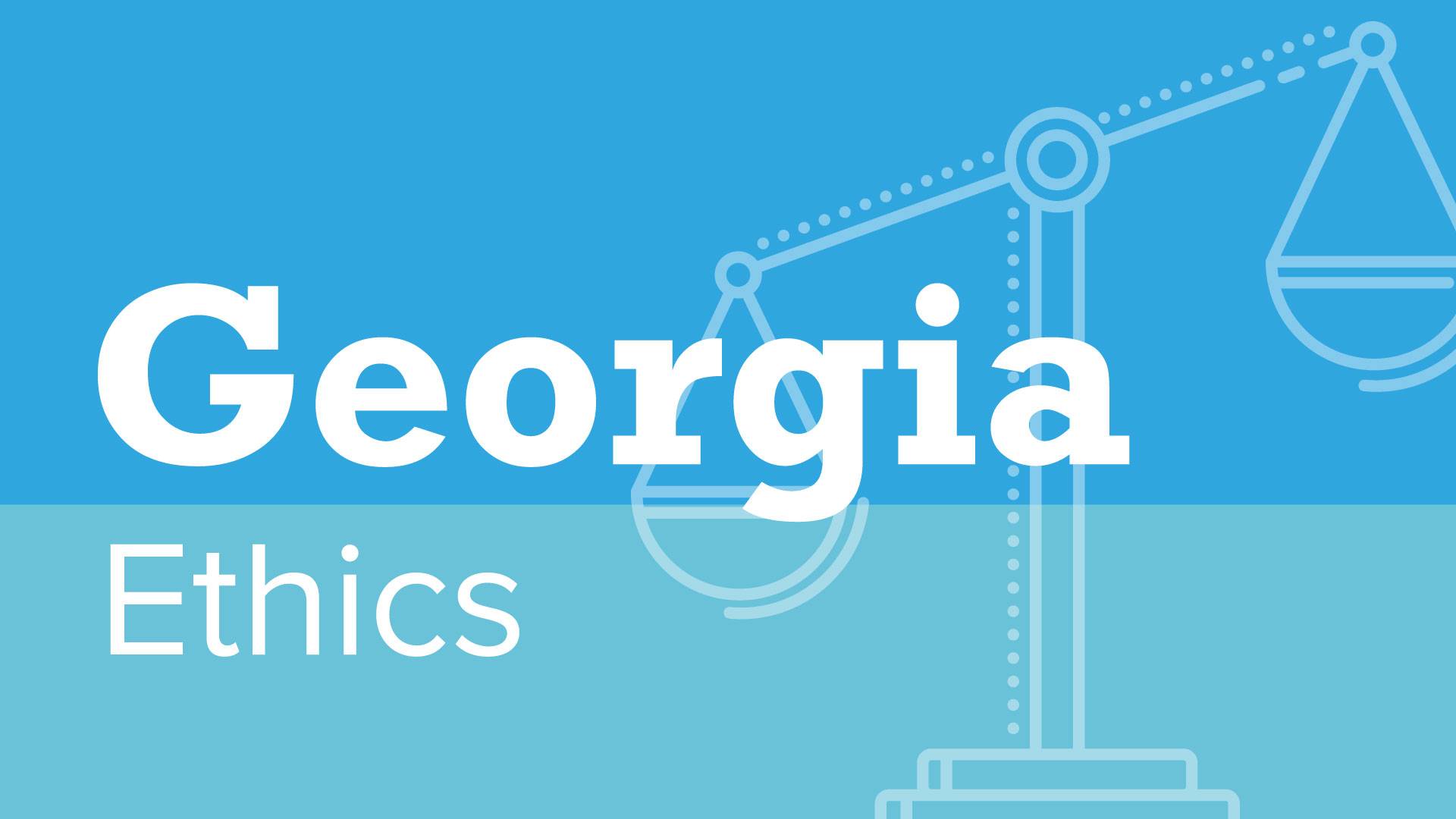 Regulatory Ethics
Regulatory Ethics
Professional Ethics for Georgia CPAs
Joseph Helstrom, CPA QAS Self-Study
Credits: 4 $116.00
QAS Self-Study
Credits: 4 $116.00$116.00 – $136.00
-
 Auditing
Auditing
How Recent Auditing Standards Improve Risk-Based Audits
Jennifer F. Louis, CPA Webcast
Credits: 4 $196.00
Webcast
Credits: 4 $196.00$196.00
-
 Regulatory Ethics
Regulatory Ethics
Whistleblowers in the Corporate World – Roles, Risks, and Protections
Kelen Camehl, CPA, MBA QAS Self-Study
Credits: 2 $58.00
QAS Self-Study
Credits: 2 $58.00$58.00 – $78.00
-
 Finance
Finance
Essentials of Nonprofit Fundraising
Steven M. Bragg, CPA QAS Self-Study
Credits: 8 $232.00
QAS Self-Study
Credits: 8 $232.00$232.00 – $262.00
-
 Business Management & Organization
Business Management & Organization
Pricing for Profit
Steven M. Bragg, CPA QAS Self-Study
Credits: 3 $87.00
QAS Self-Study
Credits: 3 $87.00$87.00 – $107.00
-
 Accounting
Accounting
Segment Reporting Essentials – A Practical Guide to ASC 280
Kelen Camehl, CPA, MBA QAS Self-Study
Credits: 1 $29.00
QAS Self-Study
Credits: 1 $29.00$29.00 – $49.00
-
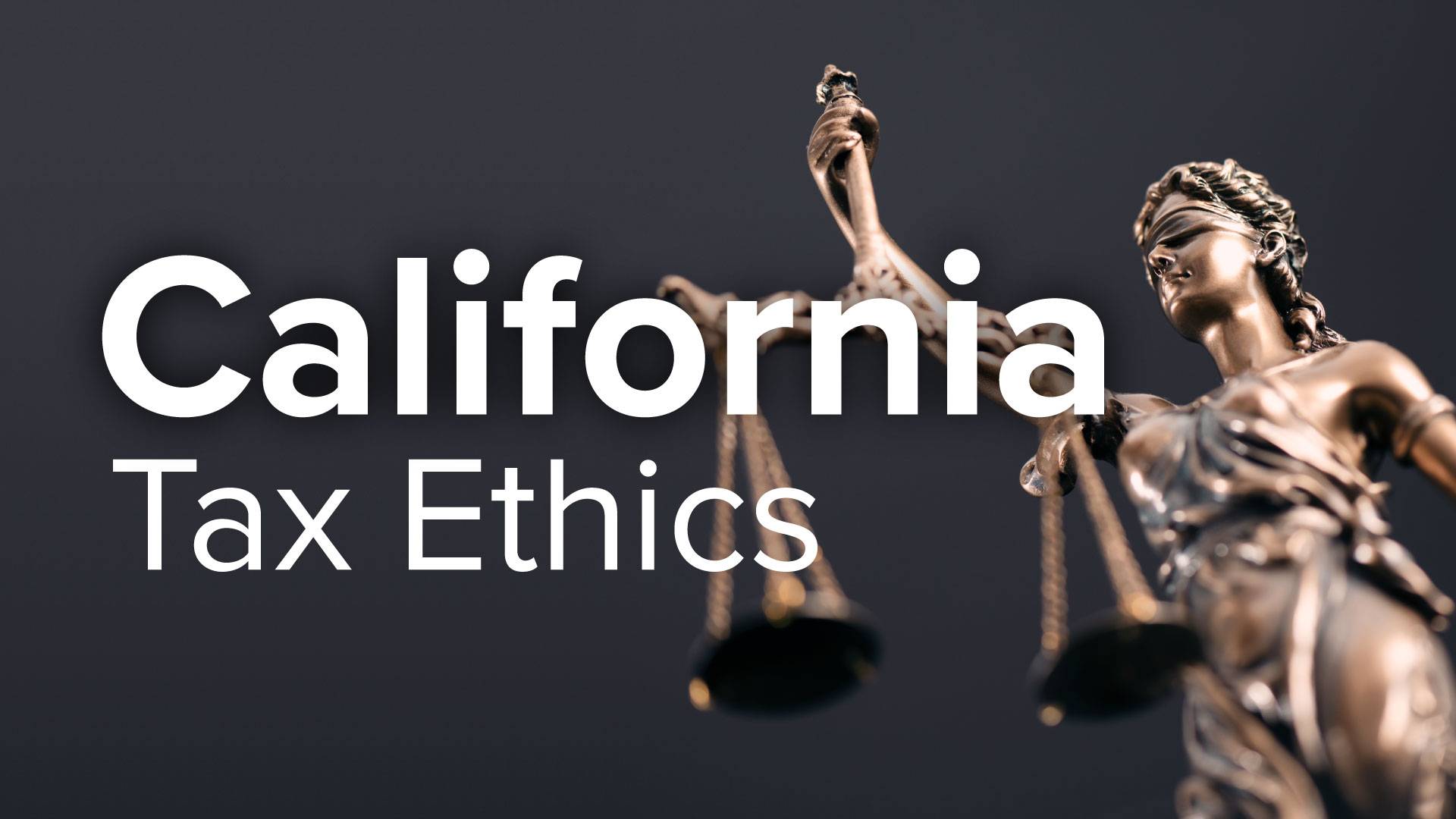 Regulatory Ethics
Regulatory Ethics
Tax Ethics for California CPAs
Steven M. Bragg, CPA QAS Self-Study
Credits: 2 $58.00
QAS Self-Study
Credits: 2 $58.00$58.00 – $78.00
-
 Accounting
Accounting
Revenue Recognition & Leasing – Essential Concepts for Financial Professionals
Kelen Camehl, CPA, MBA QAS Self-Study
Credits: 4 $116.00
QAS Self-Study
Credits: 4 $116.00$116.00 – $136.00
-
 Business Management & Organization
Business Management & Organization
Essentials of Remote Work
Steven M. Bragg, CPA QAS Self-Study
Credits: 2 $58.00
QAS Self-Study
Credits: 2 $58.00$58.00 – $78.00
-
 Taxes
Taxes
Penalty Abatement for Fun and Profit
Mark Seid, EA, CPA, USTCP Webcast
Credits: 2 $98.00
Webcast
Credits: 2 $98.00$98.00
-
 Personnel/Human Resources
Personnel/Human Resources
Sexual Harassment Preventative Training- Illinois
Patricia McCarthy, MBA QAS Self-Study
Credits: 1 $29.00
QAS Self-Study
Credits: 1 $29.00$29.00 – $49.00
-
 Taxes
Taxes
The Ultimate Guide to Retirement Planning
Danny Santucci, JD QAS Self-Study
Credits: 32 $640.00
QAS Self-Study
Credits: 32 $640.00$640.00 – $680.00
-
 Accounting
Accounting
Goodwill Impairment – An Essential Guide
Kelen Camehl, CPA, MBA QAS Self-Study
Credits: 2 $58.00
QAS Self-Study
Credits: 2 $58.00$58.00 – $78.00
-
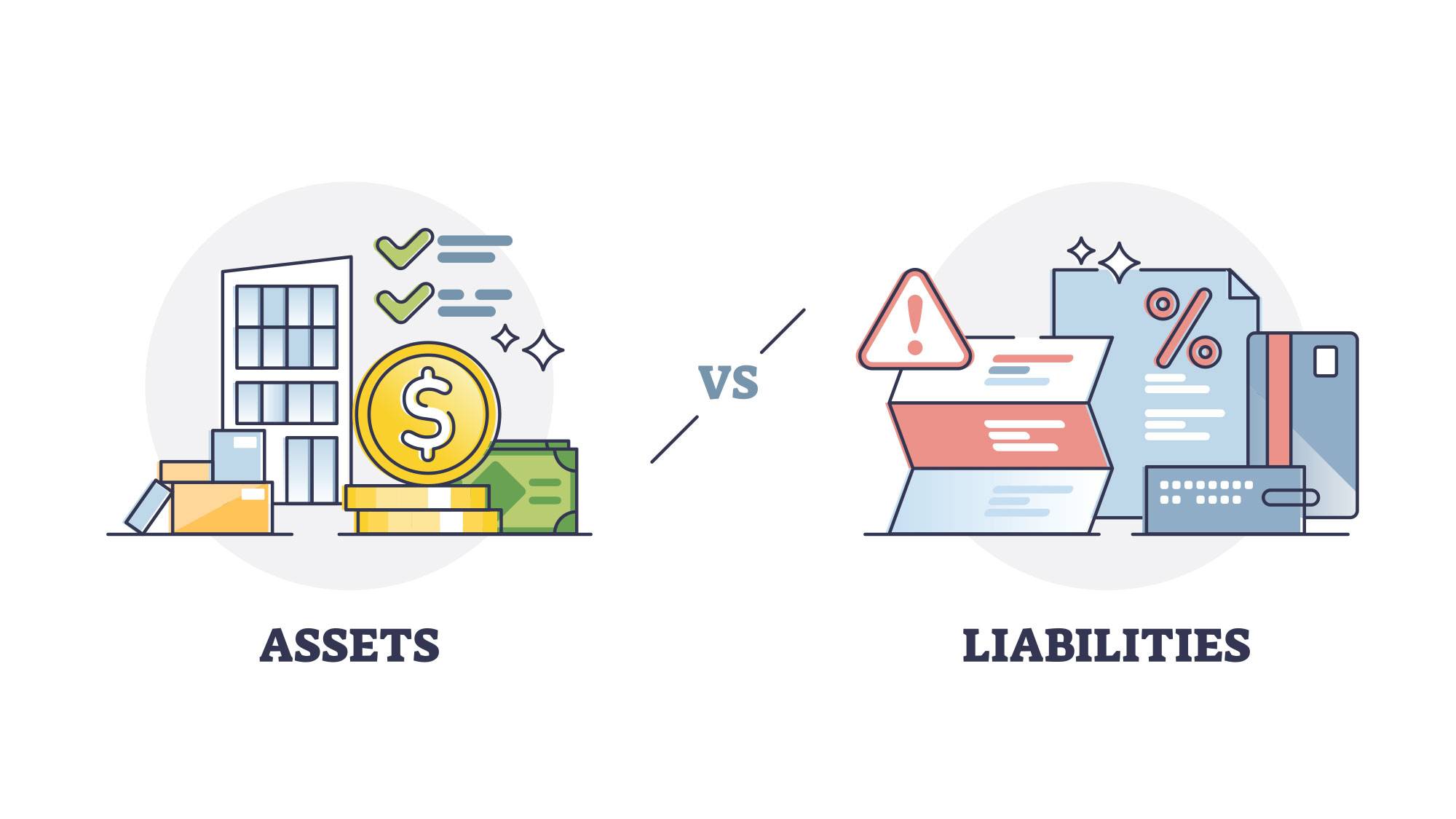 Accounting
Accounting
Business Combinations – Recognizing and Measuring Key Assets & Liabilities
Kelen Camehl, CPA, MBA QAS Self-Study
Credits: 2 $58.00
QAS Self-Study
Credits: 2 $58.00$58.00 – $78.00
-
 Accounting
Accounting
Revenue Recognition – Mastering the 5 Steps of ASC 606
Kelen Camehl, CPA, MBA QAS Self-Study
Credits: 2 $58.00
QAS Self-Study
Credits: 2 $58.00$58.00 – $78.00
-
 Accounting
Accounting
Revenue Recognition Deep Dive – Unlocking the Key Principles of ASC 606
Kelen Camehl, CPA, MBA QAS Self-Study
Credits: 4 $116.00
QAS Self-Study
Credits: 4 $116.00$116.00 – $136.00
-
 Accounting
Accounting
Top Challenges in M&A Accounting – From Valuation to Integration
Kelen Camehl, CPA, MBA QAS Self-Study
Credits: 4 $116.00
QAS Self-Study
Credits: 4 $116.00$116.00 – $136.00
-
 Accounting
Accounting
The Complete Guide to Revenue Recognition and Leasing’s Core Requirements
Kelen Camehl, CPA, MBA QAS Self-Study
Credits: 8 $232.00
QAS Self-Study
Credits: 8 $232.00$232.00 – $262.00
-
 Accounting
Accounting
M&A Accounting – A Quick Guide to ASC 805
Kelen Camehl, CPA, MBA QAS Self-Study
Credits: 2 $58.00
QAS Self-Study
Credits: 2 $58.00$58.00 – $76.00
-
 Accounting
Accounting
Mastering M&A Accounting – Deep Dive into ASC 805
Kelen Camehl, CPA, MBA QAS Self-Study
Credits: 4 $116.00
QAS Self-Study
Credits: 4 $116.00$116.00 – $136.00
-
 Accounting
Accounting
Lease Accounting Deep Dive – Unlocking the Key Principles of ASC 842
Kelen Camehl, CPA, MBA QAS Self-Study
Credits: 4 $116.00
QAS Self-Study
Credits: 4 $116.00$116.00 – $136.00
-
 Taxes
Taxes
Family Tax Planning
Danny Santucci, JD QAS Self-Study
Credits: 24 $480.00
QAS Self-Study
Credits: 24 $480.00$480.00 – $520.00
-
 Auditing
Auditing
Catch the Deception if you Can! Preventive & Detective Controls
Sunish Mehta, CPA, CGMA Webcast
Credits: 1 $49.00
Webcast
Credits: 1 $49.00$49.00
-
 Taxes
Taxes
Bankruptcy Tax Guide
Steven M. Bragg, CPA QAS Self-Study
Credits: 1 $29.00
QAS Self-Study
Credits: 1 $29.00$29.00 – $49.00
-
 Business Management & Organization
Business Management & Organization
Activity-Based Management
Steven M. Bragg, CPA QAS Self-Study
Credits: 3 $87.00
QAS Self-Study
Credits: 3 $87.00$87.00 – $107.00
-
 Accounting
Accounting
Cost Accounting Fundamentals: Essential Concepts and Examples
Steven M. Bragg, CPA QAS Self-Study
Credits: 14 $364.00
QAS Self-Study
Credits: 14 $364.00$364.00 – $404.00
-
 Auditing
Auditing
Catch the Deception if you Can! Audits & SSARS
Sunish Mehta, CPA, CGMA Webcast
Credits: 1 $49.00
Webcast
Credits: 1 $49.00$49.00
-
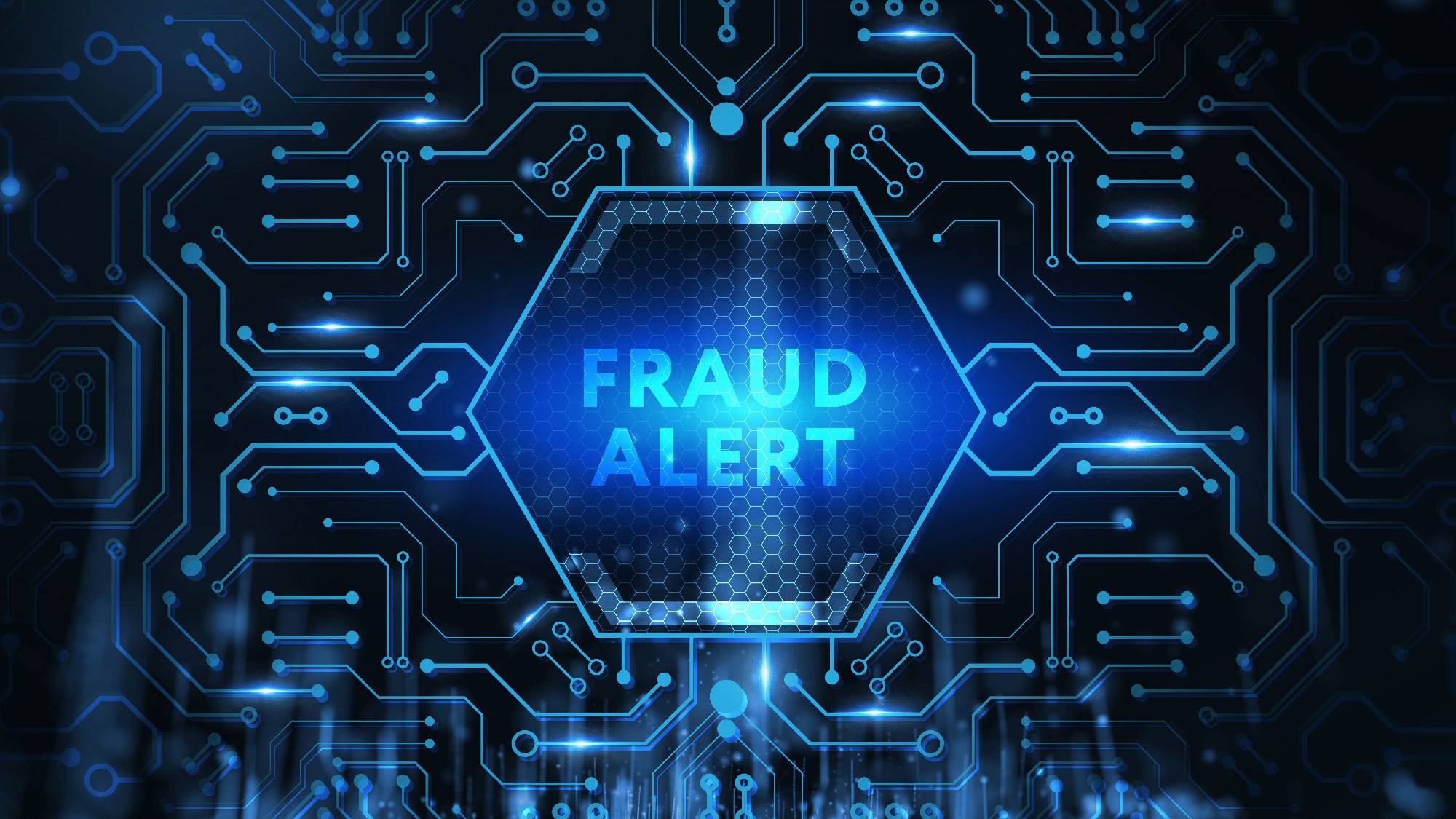 Auditing
Auditing
Catch the Deception if you Can! Technology
Sunish Mehta, CPA, CGMA Webcast
Credits: 1 $49.00
Webcast
Credits: 1 $49.00$49.00
-
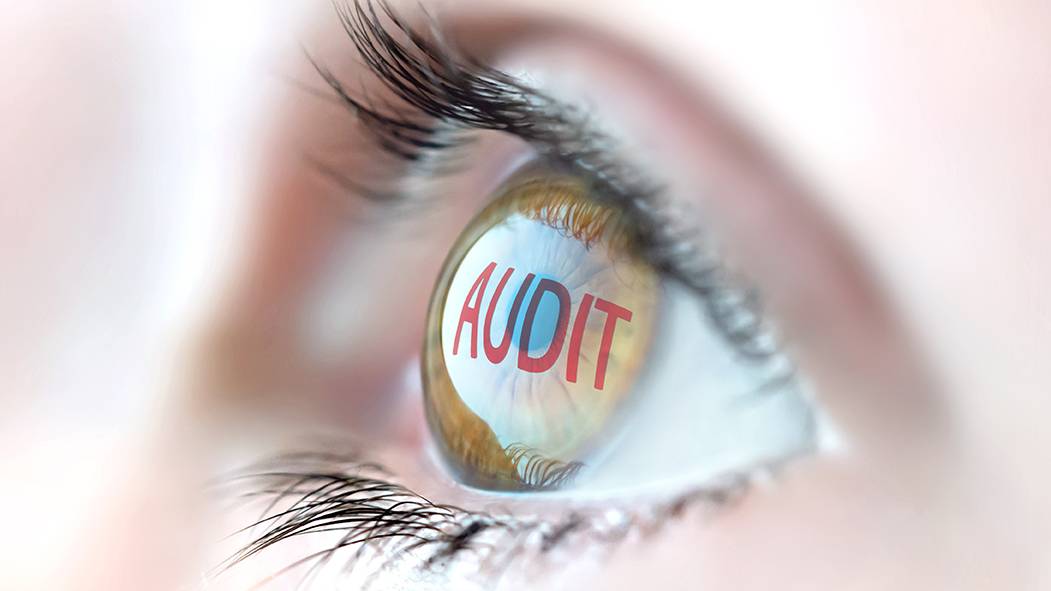 Regulatory Ethics
Regulatory Ethics
Auditor Independence
Steven M. Bragg, CPA QAS Self-Study
Credits: 2 $58.00
QAS Self-Study
Credits: 2 $58.00$58.00 – $78.00
-
 Personnel/Human Resources
Personnel/Human Resources
Coaching and Mentoring
Steven M. Bragg, CPA QAS Self-Study
Credits: 3 $87.00
QAS Self-Study
Credits: 3 $87.00$87.00 – $107.00
-
 Auditing
Auditing
Something Borrowed: Asset Misappropriation Schemes
Aaron Denbo, MAS, CFE, CFI Webcast
Credits: 1 $49.00
Webcast
Credits: 1 $49.00$49.00
-
 Taxes
Taxes
Complete Guide to Estate and Gift Taxation
Danny Santucci, JD QAS Self-Study
Credits: 35 $700.00
QAS Self-Study
Credits: 35 $700.00$700.00 – $740.00
-
 Auditing
Auditing
Catch the Deception if you Can! Stories & the ACFE Study
Sunish Mehta, CPA, CGMA Webcast
Credits: 1 $49.00
Webcast
Credits: 1 $49.00$49.00
-
 Accounting
Accounting
Accounting for Business Combinations: (Self-Study Video)
Kelen Camehl, CPA, MBA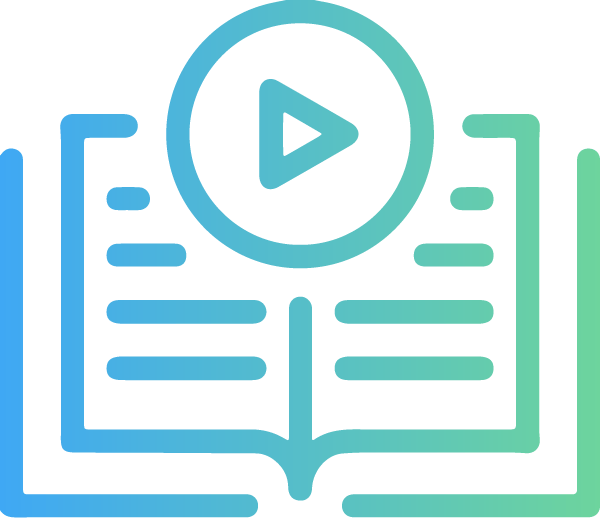 QAS Self-Study Video
Credits: 1 $98.00
QAS Self-Study Video
Credits: 1 $98.00$98.00Original price was: $98.00.$70.00Current price is: $70.00. -
 Accounting
Accounting
SSARS Top Tips: Reviews
Sunish Mehta, CPA, CGMA Webcast
Credits: 1 $49.00
Webcast
Credits: 1 $49.00$49.00
-
 Accounting
Accounting
Accounting Changes and Error Corrections What Every CPA Needs to Know
Kelen Camehl, CPA, MBA QAS Self-Study
Credits: 2 $58.00
QAS Self-Study
Credits: 2 $58.00$58.00 – $78.00
-
 Accounting
Accounting
SSARS Top Tips: Preparation Services
Sunish Mehta, CPA, CGMA Webcast
Credits: 1 $49.00
Webcast
Credits: 1 $49.00$49.00
-
 Accounting
Accounting
Accounting for Managers
Steven M. Bragg, CPA QAS Self-Study
Credits: 18 $396.00
QAS Self-Study
Credits: 18 $396.00$396.00 – $436.00
-
 Accounting
Accounting
Activity-Based Costing
Steven M. Bragg, CPA QAS Self-Study
Credits: 3 $87.00
QAS Self-Study
Credits: 3 $87.00$87.00 – $107.00
Executive Order Mandating Electronic Federal Tax Refunds and Payments for Taxes
Beginning as early as September 30, 2025, the president’s March 25, 2025, executive order “Modernizing Payments To and From America’s Bank Account” mandates all payments to and from the US Treasury be paid electronically. This includes federal tax payments and federal tax refunds.Timing of Electronic Tax Payments & Refund MandateVerbiage in the order indicates there may be a delay in implementing the order: “As soon as practicable, and to the extent permitted by law, all payments made to the Federal Government shall be processed electronically, except as specified in section 4 of this order.”The order also indicates all federal tax …
A Welcome Relief: FinCEN Lifts Beneficial Ownership Reporting Burden from U.S. Companies
In a rare regulatory win that tax professionals can actually celebrate during the height of tax season, the Financial Crimes Enforcement Network (FinCEN) announced on March 21, 2025, that it has removed beneficial ownership information (BOI) reporting requirements for all U.S. companies and U.S. persons under the Corporate Transparency Act (CTA). Following the Treasury Department’s initial announcement on March 2, 2025, this decision removes yet another administrative burden from the shoulders of already overwhelmed tax practitioners. A Silver Lining: One Less Compliance Burden At a time when tax professionals are drowning in ever-expanding regulatory requirements, the elimination of BOI reporting …
California Corner: New FinCEN Geographic Targeting Order Impacts California Border Region Money Services Businesses
Last week, the Financial Crimes Enforcement Network (FinCEN) issued a significant Geographic Targeting Order (GTO) that will directly impact money services businesses (MSBs) operating in California’s border counties. This new order represents an important development for tax professionals advising clients in the affected regions.What California Tax Professionals Need to KnowThe GTO, released on March 11, 2025, dramatically lowers the Currency Transaction Report (CTR) threshold to just $200 for MSBs operating in specific ZIP codes along the southwest border. This represents a substantial change from the standard $10,000 CTR reporting requirement that most financial institutions follow.For California tax professionals, this order …
Treasury Ends BOI Enforcement
The U.S. Treasury Department announced on March 2 that it will no longer enforce the Corporate Transparency Act (CTA) or its associated Beneficial Ownership Information (BOI) reporting requirements. This decision effectively halts a rule aimed at combating money laundering and shell company formation. In a press release, Treasury Secretary Scott Bessent called the move “a victory for common sense” and stated it aligns with “President Trump’s bold agenda to unleash American prosperity by reining in burdensome regulations, in particular for small businesses that are the backbone of the American economy.” The Treasury Department confirmed it will not impose penalties against …
California Corner: Filing 1099s with the Franchise Tax Board (FTB)
If you file Forms 1099 via paper or file electronically with the IRS following the IRS Combined Federal/State Filing Program (CFSF) guidelines as outlined in IRS Publication 1220, and the amounts you are reporting to the IRS and FTB are the same, you do not need to file anything separate with FTB—the information will be forwarded to FTB from the IRS. IRS Publication 1220 also lists which forms are included in the CFSF. If you have an exception that requires you to report something different for federal and state purposes, such as a different dollar amount, file separate returns with …
Five Tips for Guiding Parents through Financial Planning for College
As financial planning professionals, you often encounter parents who are overwhelmed by the prospect of saving for their children’s college education. That’s where you come in. Your role as a financial planner puts you in a position to ensure the continued development of a child’s education, helping those that go to college reach their goal of earning a degree. Your work has lasting generational benefits, but with college costs continuing to rise significantly year over year, families need your expert guidance to develop effective saving and funding strategies that foster their children’s educational future. Here are five essential tips to …
Enhance Your Practice with Personal Financial Planning (PFP) Services
As tax professionals, you develop a deep understanding of your clientele’s financial needs, their goals, and their struggles. You’re the trusted advisor for keeping their taxes compliant and maximizing their tax benefits. As client needs become more complex and tax preparation increasingly automated, forward-thinking CPAs and tax professionals are discovering new opportunities to leverage their client base with personal financial planning (PFP). This strategic expansion isn’t just about adding services—it’s about transforming your practice into a year-round advisory powerhouse. PFP for Your Client Base Starting your PFP journey doesn’t require a complete practice overhaul. Begin with your current clients who …
The Best CPE for Auditors in 2025
As an auditor, you know that staying ahead in this ever-evolving profession requires ongoing learning. The best CPE for auditors in 2025 isn’t just about checking a compliance box—it’s about sharpening your expertise, staying informed on industry changes, and ensuring you’re delivering top-notch service. Here are some must-take courses that will keep you at the top of your game. 1. Identifying Audit Risks – Financial Reporting and Revenue Recognition 1 Credit: Auditing | Available in: Self-StudyUnderstanding financial reporting and revenue recognition is essential for catching potential risks early. This course takes a deep dive into common audit risk factors, equipping …
The Best CPE for Forensic Accountants in 2025
If you’re a forensic accountant, you already know that staying one step ahead of fraudsters is no easy task. The field is constantly evolving, and keeping your skills sharp is essential to catching complex financial schemes. We’ve identified some of the best CPE for forensic accountants to make your day a little easier. 1. Accounting Fraud: Recent Cases 1 Credit: Accounting | Available in: Self-StudyThis course dives into recent high-profile fraud cases, showing you what went wrong, how the fraudsters covered their tracks, and how investigators finally cracked the case. It’s perfect for forensic accountants who want to learn from …
BOI Reporting is Back in Effect
Beneficial ownership reporting requirements are back in effect, and most companies will have a new reporting deadline of March 21, 2025
Valentines for Accountants
This Valentine’s Day we’re spreading the love with our new collection of accounting Valentine’s Day cards to share with your sweetheart or office bestie. We’ve created a special set of accounting Valentine’s Day cards filled with clever jokes to make your colleagues, clients, or special someone, smile. Whether you’re a CPA, a financial planner, or just someone who loves a good accounting pun, these accounting Valentines are the perfect way to spread some joy in the office. Download your Valentines for Accountants Our exclusive free Valentine’s cards feature clever, accounting-inspired messages that are sure to get a chuckle. Forget the …
Christopher Pascucci V. Comm., TCM 2024-43
$8.2 Million Madoff Theft Loss Disallowed for Lack of Ownership of Stolen Assets (Christopher Pascucci V. Comm., TCM 2024-43) Christopher Pascucci owned 16 variable life insurance policies which provided life insurance and the opportunity for investment. The policies specifically stated that the insurance company was the legal owner of assets in all of the investment accounts. Investments were made in Bernard L. Madoff Investment Securities which claimed to provide investors “a secure investment with a high rate of return using a ‘split strike conversion’ strategy.”On Dec. 11, 2008, Mr. Madoff was arrested for — and ultimately pleaded guilty to — …
Thomas K. Richey and Maureen P. Cleary v. Comm., TCM 2023-43
Storm Damage Loss Swamped and Sunk for Lack of Appraisals or Other Proof of Loss (Thomas K. Richey and Maureen P. Cleary v. Comm., TCM 2023-43) Thomas and Maureen Cleary Richey owned a home and a boat in March 2017, when Winter Storm Stella hit Stone Harbor and flooded the city’s streets. Richey and Cleary claimed that the storm damaged the waterside portion of their property and their 40-foot boat, The Celtic Dream. On their 2017 tax return, they claimed total casualty losses of more than $820,000 and a deduction—after considering the income limitation—of nearly $740,000.Calculating the deduction. There are …
Matthew and Katherine Christensen v. U.S. (US Ct. of Claims, No. 20-935T (Sep. 13, 2023)
Taxpayers Can Reduce NIIT by Foreign Tax Credit under US-France Tax Treaty (Matthew and Katherine Christensen v. U.S. (US Ct. of Claims, No. 20-935T (Sep. 13, 2023)) Matthew and Katherine Christensen sought a refund of $3,851 for net investment income tax (NIIT) paid for the tax year 2015. The Christensen’s claimed that, because they are US citizens residing in France, “a foreign tax credit should have been allowed for French taxes that the plaintiffs paid with respect to the income giving rise to the net investment income tax, as provided by the income tax treaty that exists between the United …
Paul Young Kim v. U.S. (5:22-cv-00691 (CA-9, Mar. 28, 2023)
Taxpayers Cannot Reduce NIIT by Foreign Tax Credit under US-Korea Tax Treaty (Paul Young Kim v. U.S. (5:22-cv-00691 (CA-9, Mar. 28, 2023)) Paul Kim is a US citizen who resided in South Korea until Sep. 2015, when he relocated to California. For the tax year 2015, Mr. Kim timely filed a Form 1040 reporting in addition to the amount of regular income tax owed $644,382 in net investment income tax (“NIIT”).Subsequently, Mr. Kim filed a Form 1040X for the 2015 tax year seeking a refund of $638,232 in NIIT. Mr. Kim claimed, under the US-South Korea Income Tax Treaty, that …
Jaqueline Garcia-Bravo v. Comm., Tax Court Docket No. 26566-22 (Jan. 17, 2024)
Court Explains “Related Expenses” for American Opportunity Tax Credit (Jaqueline Garcia-Bravo v. Comm., Tax Court Docket No. 26566-22 (Jan. 17, 2024)) Jacqueline Garcia-Bravo claimed an AOTC of $2,500 for her and $2,500 for her dependent son.Ms. Garcia-Bravo’s educational expenses were ineligible for credit because she has already claimed the credit for four prior tax years. Section 25A(b)(2)(C) provides that the AOTC is available only for the first four years of postsecondary education.For her son, “qualified tuition and related expenses” included five expenses – books, two computers, an office chair, a laptop messenger bag, and an ink cartridge for a printer. The …
Susan Turner v., Comm., TCM 2024-20
EIC And HOH Require That Minor Child Live with Taxpayer (Susan Turner v., Comm., TCM 2024-20) Susan Turner was the guardian of a minor child. She claimed earned income credit and head of household filing status. Sections 32, 63 and 152 require that the child live with the taxpayer for at least half of the year. Although Susan contributed to the support of the minor child with payments of rent, telephone, food, and clothing, she lived with a friend for most of the year. She lived only 60 days with the child.
Donald and Leticia Polk v. US, US Federal Court of Claims, No. 1:22-CV-00896 (Aug. 18, 2023)
Ten-year Statute of Limitations Applies to Foreign Tax Credit (Donald and Leticia Polk v. US, US Federal Court of Claims, No. 1:22-CV-00896 (Aug. 18, 2023)) Did you know the SOL for a foreign tax credit refund is 10 years? Apparently, neither did the IRS. Donald and Leticia Polk did not file a 2008 tax return. In 2010, the IRS prepared a 2008 substitute income tax return for the Polks that resulted in an assessment of taxes in the amount of $156,796, as well as late filing and payment penalties and interest. The IRS took payments from refunds to the taxpayers on subsequent …
United States v. Isac Schwarzbaum, CA-11 (Aug. 30, 2024)
FBAR Penalties Are Subject to Excessive Fines Clause of the Eighth Amendment (United States v. Isac Schwarzbaum, CA-11 (Aug. 30, 2024)) Isac Schwarzbaum, a US citizen, held foreign bank accounts in Switzerland and Costa Rica. He failed to file accurate FBARs from 2006 through 2009, despite having over $20 million in foreign assets. Schwarzbaum did not timely report these accounts, nor did he include income from the accounts in his tax returns.Upon audit, the IRS assessed civil penalties against him for willful failure to file FBARs. The penalties imposed by the IRS were substantial, amounting to $13,729,591, and he challenged …
Johannes Lamprecht et al. v. Comm. DC District Court, No. 22-1308 (Apr. 23, 2024)
Johannes Lamprecht et al. v. Comm. DC District Court, No. 22-1308 (Apr. 23, 2024)) Johannes and Linda Lamprecht are Swiss citizens who lived in the United States in 2006 and 2007. They underreported their taxable income for those years by failing to disclose millions of dollars held in Swiss UBS bank accounts. In 2008, the US served a “John Doe” summons on UBS requesting information about unknown taxpayers who may have failed to report taxable income in UBS accounts. In 2009, agreements were reached for UBS to provide the information to Switzerland, which would then give it to the US. …

 By:
By:  By:
By:  By:
By: